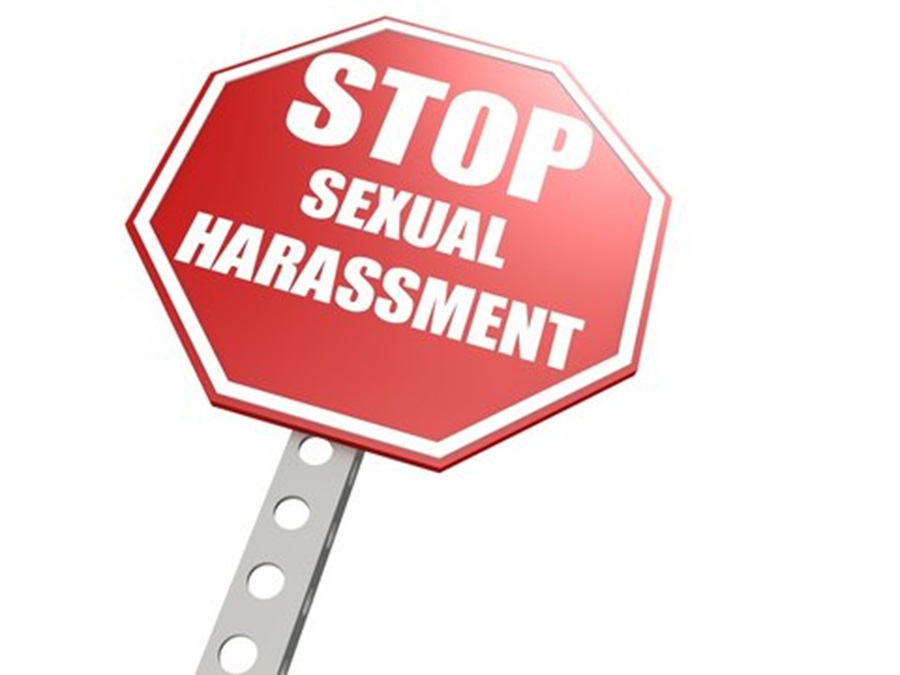News
ICPC: Sexual harassment is corruption, attracts 7-year-imprisonment

The Independent Corrupt Practices and Other Related Offences Commission (ICPC) says sexual harassment is corrupt practices that attracts imprisonment term of not less than seven years.
The Secretary to the commission, Mr Clifford Oparaodu, gave the warning in Abuja at a One Day Sensitization Workshop on Sexual Harassment in Tertiary Institutions.
Oparaodu said that ICPC regarded sexual harassment as a corrupt practice; hence, there was a need for victims to know their rights and how to seek justice.
He expressed concern that sexual gratification had become a form of “illegal tender” in many institutions.
“Sexual harassment is a form of corruption.
“It is a deviation from the norm for an official to use his/her office or position to demand, receive, obtain or attempt to obtain any form of sexual gratification for him to perform his duties.
“Ideally, official duties ought to be carried out with integrity, good conscience and diligence without the expectation of any unlawful benefit,” he said
According to him, Section 2 (f) of the ICPC Act states that gratification includes any service or favour of any description …” Section 8 of the ICPC Act says:
“Any person who corruptly asks for, receives or obtains any property or benefit of any kind for himself or any other person; is guilty of an offence of Official corruption and is liable to imprisonment for seven years.
“It is pertinent to note that unlawful benefits are not always pecuniary and it is disheartening that sexual gratification has become a form of “illegal tender” in many institutions.
“Staff members have been found to use their office to demand and receive sexual benefits from other staff and students in exchange for good grades or other favours,” he said.
Oparaodu said that it was unfortunate that due to the fear of stigmatisation or further victimisation, many targets of such demands find themselves forced to succumb.
“This is in order to avoid dire consequences and denial of benefits to which they may ordinarily even be entitled.
“The culture of silence has allowed sexual harassment thrives but ICPC is working relentlessly to ensure that with sensitization and appropriate policy implementation, this culture would gradually change,” he said.
He said that ICPC is determined to put a stop to this, initiated the Sexual Harassment Unit with a focus on prevention of sexual harassment in tertiary and secondary institutions.
Oparaodu said that this was to address the issue of sexual gratification and abuse of office and power by officials.
He explained that the purpose of the workshop was to educate students about how to easily contact the ICPC, report incidents of sexual harassment, and gather evidence in a way that will support the commission’s investigations.
In a paper he presented on “Sexual harassment, an offence against the individual/a crime against society, the
The Deputy Director, Proceed of Crime Department, ICPC, Mr Adenekan Shogunle, in a paper presented, urged participants to regard the fight as a collective one.
Shogunle said that youths should not accept sexual harassment, saying that the menace needed to be stopped to ensure the safety of educational institutions for learning.
“What is essentially a social disorder has become normal in many tertiary institutions.
“Absence of effective grievance remedial mechanisms and prevalent culture of silence, social tolerance has left many female students at the mercy of rabid predators.
“In a bid for justice, survivors are taking matters into their own hands; naming perpetrators and sharing experiences on social media,’’ he said.
The Assistant Director, Legal Unit, in ICPC, Mrs Peace Aroch, in a paper, said sexual harassment had psychological implications, which had to do with the mental or emotional state of the survivor.
Aroch said people sexually-harassed commonly experienced stress, anxiety, depression and Post-Traumatic Stress Disorder.
She said that sexual harassment was still being under-reported in spite of its social media posts.
The director said that sexual harassment was still being under-reported because of issues of trust, security, fear and poor financial standing of survivors.
Aroch called on the private and public sectors to establish their workplaces sexual harassment policies.
She said that they could make recourse to ICPC’s sexual harassment policy to prepare their own.
Policy Lead Gender, Mobile Initiative, Sarah Egbo, in a paper urged institution leaders to demonstrate a strong commitment to addressing sexual harassment
Egbo also called for involvement of the entire institution in policy development and implementation; ensure transparency in reporting, investigation and decision making.
She encouraged collaboration with local organisation, law enforcement and other stakeholders for a coordinated response.






